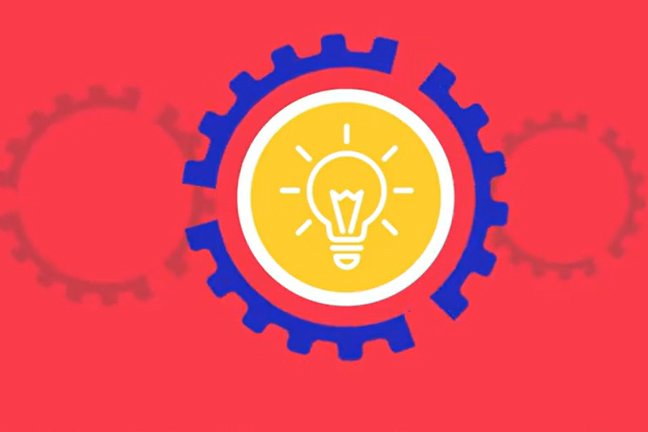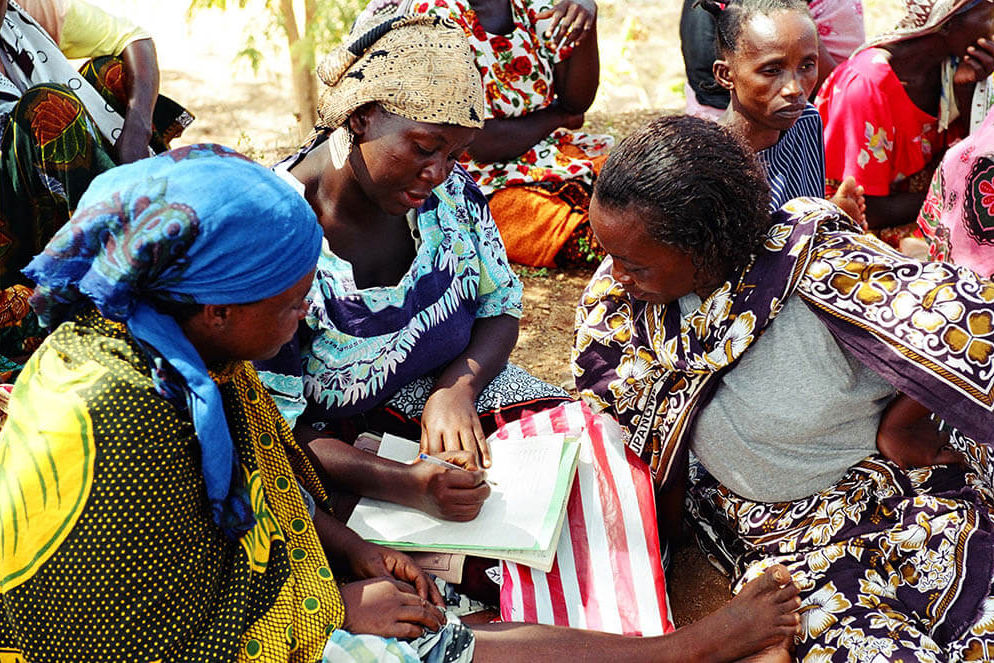The world of work is being profoundly affected by the global virus pandemic. In addition to the threat to public health, the economic and social disruption threatens the long-term livelihoods and wellbeing of millions.
ILO
A new assessment by the International Labour Organization (ILO) shows the COVID-19 pandemic could increase global unemployment by around 25 million.
More than 935 million* workers have jobs that don't match their educational level. In low-income countries, employment is concentrated in low-skilled occupations requiring a lesser level of education and workers are more likely to be under-educated for their jobs. In high-income countries employment is concentrated more in occupations requiring higher skill levels, and workers’ under-education is less common. In high-income countries almost all workers in low-skilled jobs are over-educated. (*actual global figures are probably higher since the ILOSTAT data covers 114 countries).
Thirty years after the adoption of the only international Convention on the rights of indigenous peoples, a new ILO report finds they are sti
The lack of decent work opportunities exacerbates inequalities among societies. Not only are growing inequalities preventing people from achieving their full potential, they are also putting a burden on economies. The only way we are going to achieve social justice, tackle inequality, reduce poverty and address climate change, is if we put people and planet first, says the International Labour Organization (ILO). On Social Justice Day 2020, under the theme “Closing the Inequalities Gap to Achieve Social Justice,” the ILO is asking you to tell policy makers around the world, why is important to you, using the hashtag #MyFutureOurPlanet.
The ILO is calling on individuals and organizations to share innovative ideas and solutions to address the skills mismatch challenge. The ILO Skills Challenge Innovation Call will recognise and support the development of solutions that aim to address the different forms and dimensions of skills mismatch. Submission deadline for ideas: 13 April 2020 (midnight, Geneva time).
ILOSTAT data show that progress is needed in many areas and in every region to achieve gender equality in the labour market. While most of us are aware that women are often paid less than men in the same occupation, ILOSTAT data show where the gaps are largest. The median gender wage gap for 115 countries with available data is 14% in favor of men. And male-dominated occupations have even higher wage premiums for men.
The World Employment and Social Outlook is the International Labour Organization’s flagship report on world of work issues, focusing on a different theme each year. The 2020 edition will be launched in Geneva on Monday, 20 January. The report analyses key labour market issues, including unemployment, under-employment, labour underutilization, working poverty, pay inequality, and factors that exclude people from the world of work. It includes some new projections, as well as revised estimates of the share of labour income going to the world’s workforce.
Decent Jobs for Youth is the global initiative to scale up action and impact on youth employment in support of the 2030 Agenda for Sustainable Development. This platform is a hub for catalyzing partnerships, collaboration and coordinated action grounded in evidence-based strategies. ILO and its partners' vision is a world in which young women and men everywhere have greater access to decent jobs.
“Passion and story-telling” are two of the key ingredients to become a wine expert according to Michelle Gueydan, a certified sommelier based in New Orleans in the United States.
The world of work is undergoing a profound transformation. Globalization and technological change are creating new paths to prosperity but are also disrupting existing work arrangements. Digital and technological advances – including information and communication technologies – create new opportunities for workers and enterprises. But that’s just the tip of the iceberg. The ILO has identified some key sectors that are likely to generate the jobs of the future. The evolution of the world of work will require new skill sets and an emphasis on lifelong learning.
100 years ago, the ILO adopted the first-ever international standard on maternity protection.
Micro-, small and medium-sized enterprises (commonly abbreviated to SMEs) are responsible for more than two thirds of all jobs worldwide. They also account for the majority of new job creation. But despite providing a huge share of global employment, SMEs still face major challenges when it comes to working conditions, productivity and informality. Explore this InfoStory to find out how the ILO is supporting SMEs to reach their full potential and securing a better future of work for everyone.












